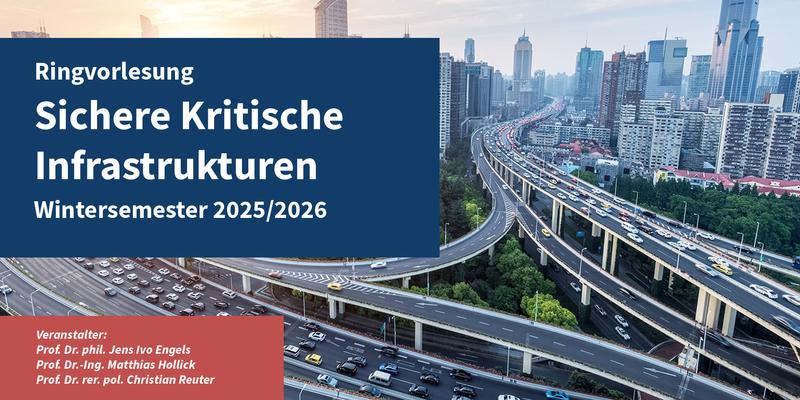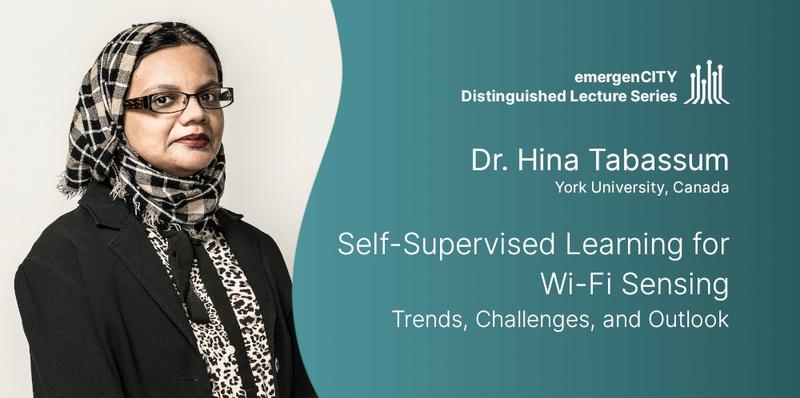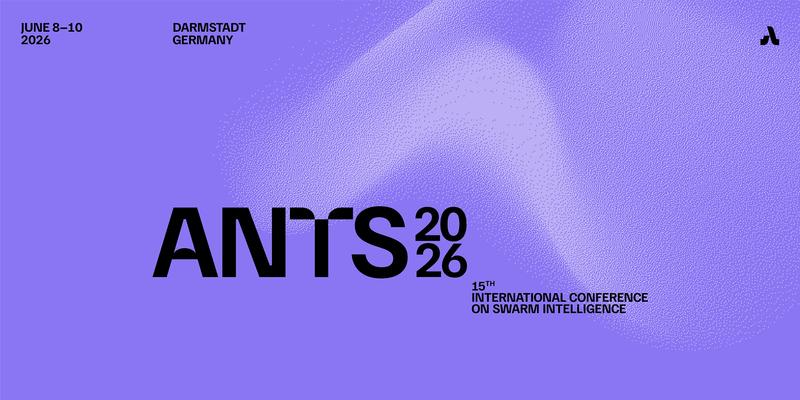Close to the end of the year, emergenCITY is happy to announce another Distinguished Lecture of the continuous series for December, staging Professor Steven Gabriel of the University of Maryland, US. For his talk on Equilibrium Modeling, the Professor of Mechanical Engineering and Applied Math, Statistics and Scientific Computation takes the case study of current developments in the Brazilian Gas Market to provide theoretical analysis and a solution method.
Date: Thursday, December 5, 2024, 1.30 pm
Speaker: Prof. Steven Gabriel, University of Maryland
Title: “Equilibrium Modeling: Theoretical Analysis, Solution Method & Case Study for the Brazilian Gas Market”
Venue: S3|10 311, Campus City Centre South, TU Darmstadt
About the lecture:
We present an abstract view of competitive markets and offer a theoretical discussion on the existence and proof of uniqueness of equilibrium solutions. In the abstract model, each player solves a separate profit-maximisation optimisation problem, the optimality conditions of which can be concatenated together along with market-clearing conditions to give rise to a mixed complementarity problem (MCP). This generalises optimisation, game theory and other problems in engineering and economics, all of which can be subsumed under the heading of “equilibrium problems”. We describe a new method to solve the resulting linear complementarity problems based on the concept of difference-of-convex functions. As a motivation for our analysis, we apply the model to a gas market in transition, as is the case in Brazil, which has undergone significant regulatory changes with the objective of making it more open and competitive.
About the Speaker:
Dr. Steve Gabriel is a Professor in the Mechanical Engineering Department at the University of Maryland with an additional appointment in the Applied Mathematics, Statistics, and Scientific Computation Program. Dr. Gabriel has extensive experience in both mathematical modeling as well as algorithm design for optimization and equilibrium (i.e., complementarity) problems in a variety of engineering and economic areas such as energy, the environment, transportation, and telecommunications. He has over 35 years experience in mathematical modeling and analysis in academics and industry. He has an M.S. in Operations Research from Stanford University, and an M.A. and Ph.D. in Mathematical Sciences from the Johns Hopkins University.
Full Bio Text and further information here



